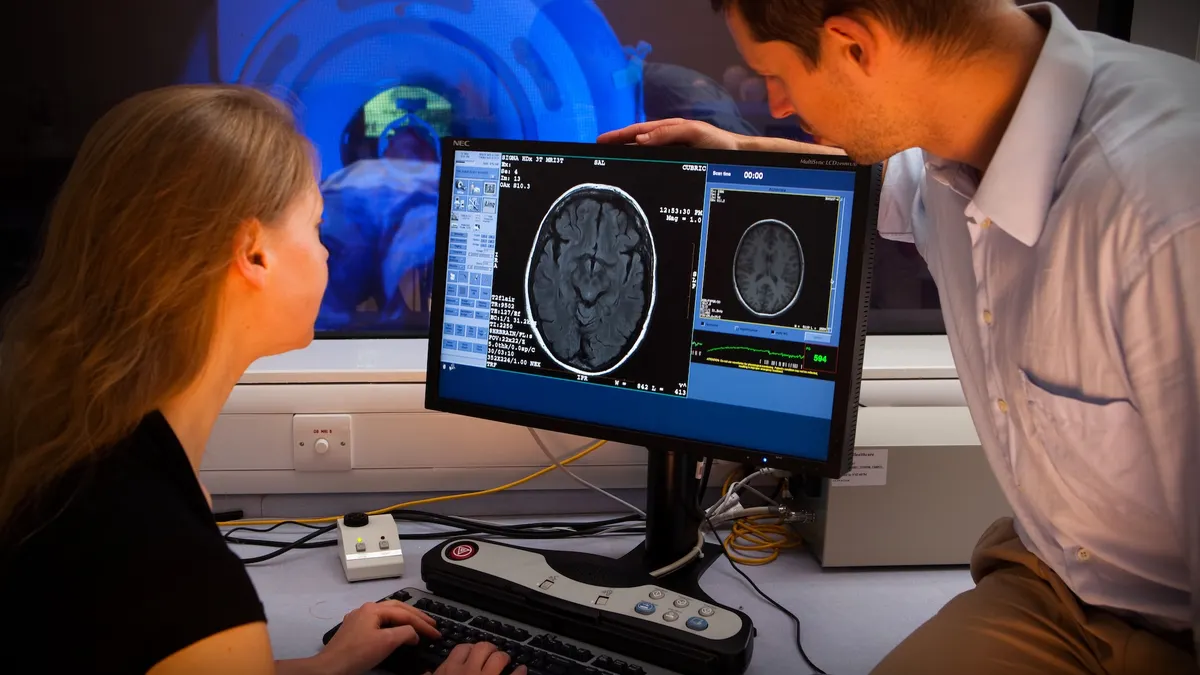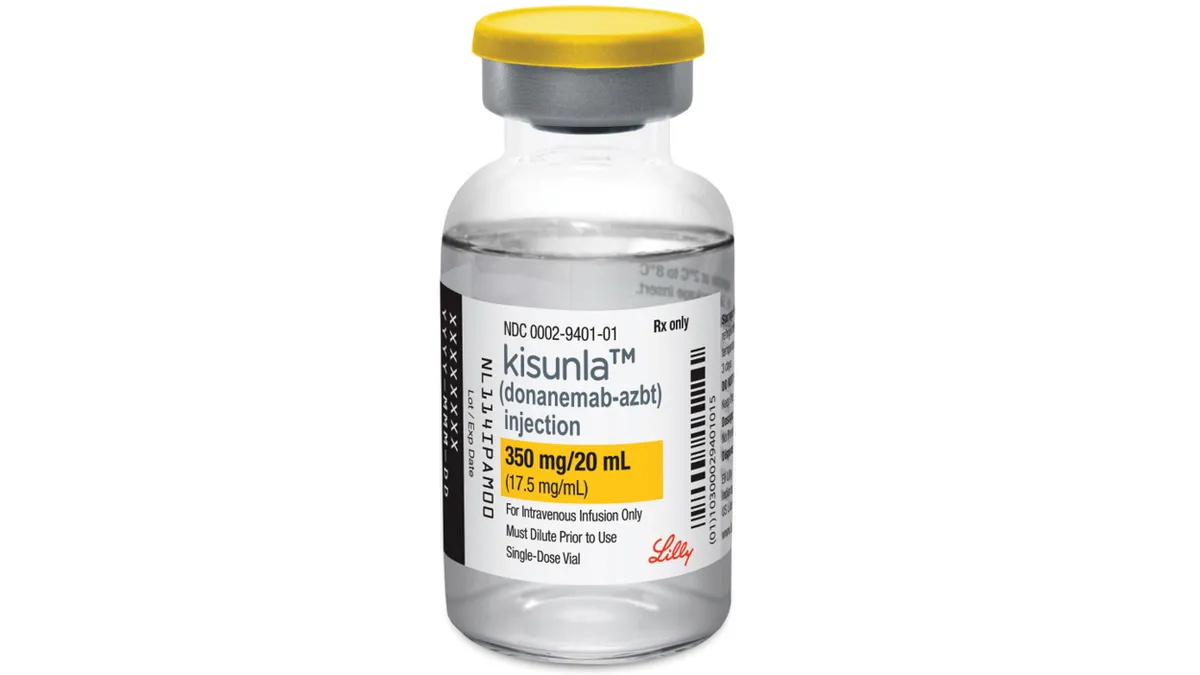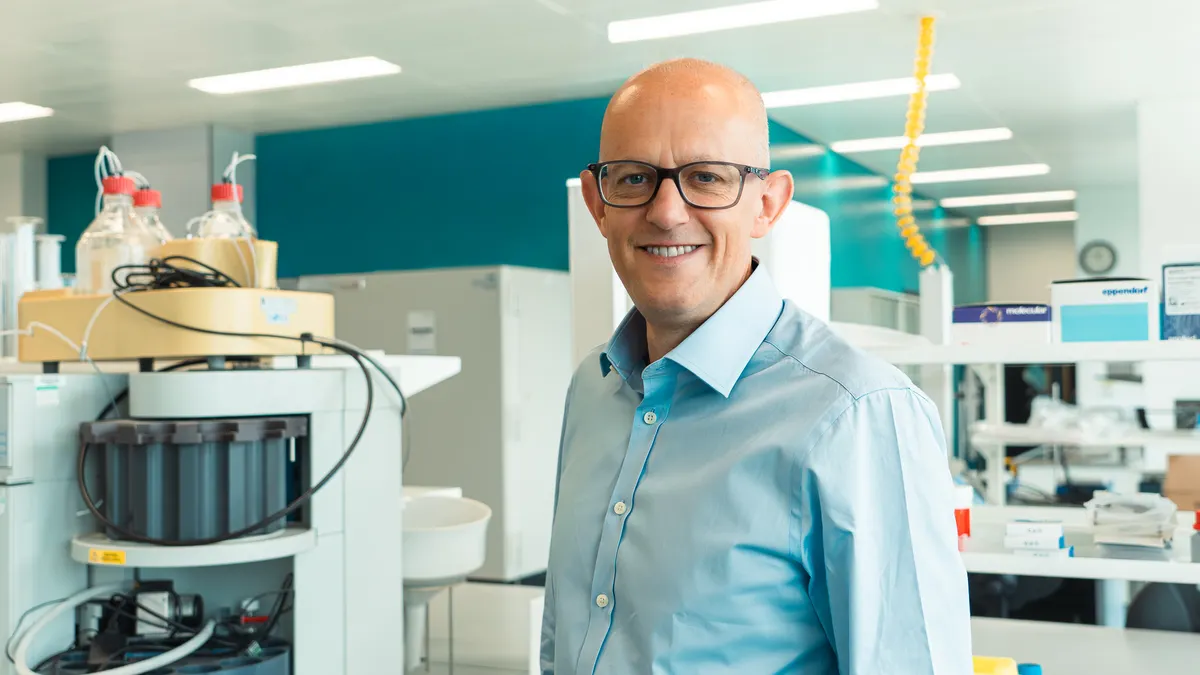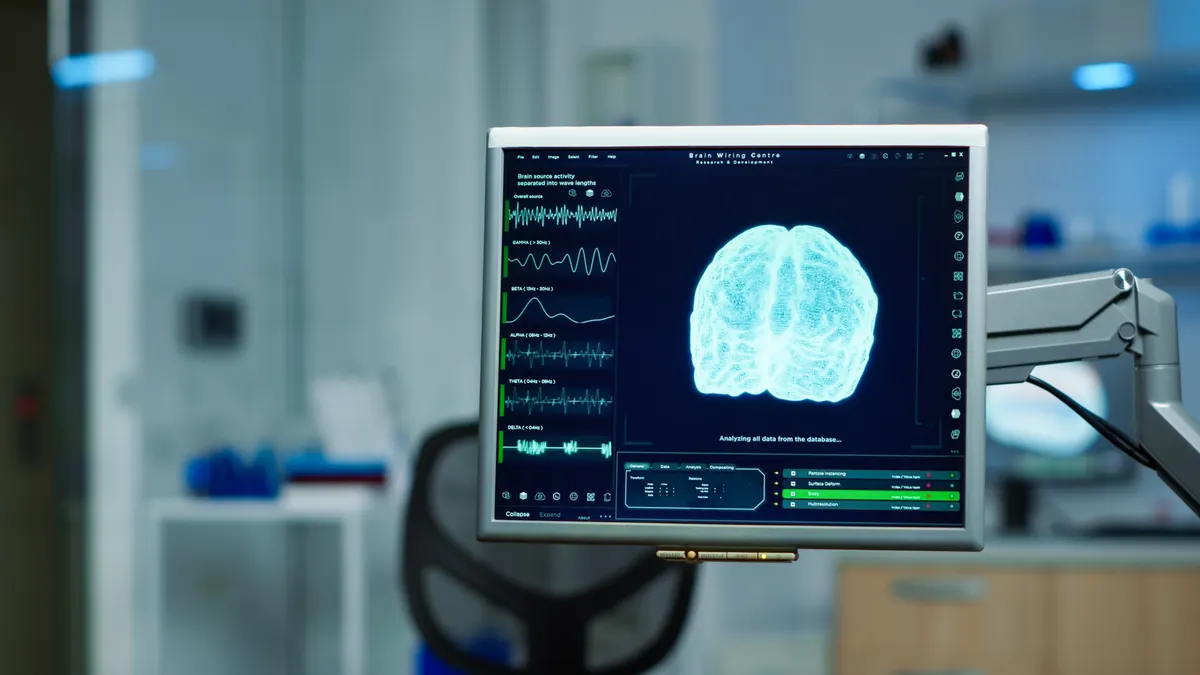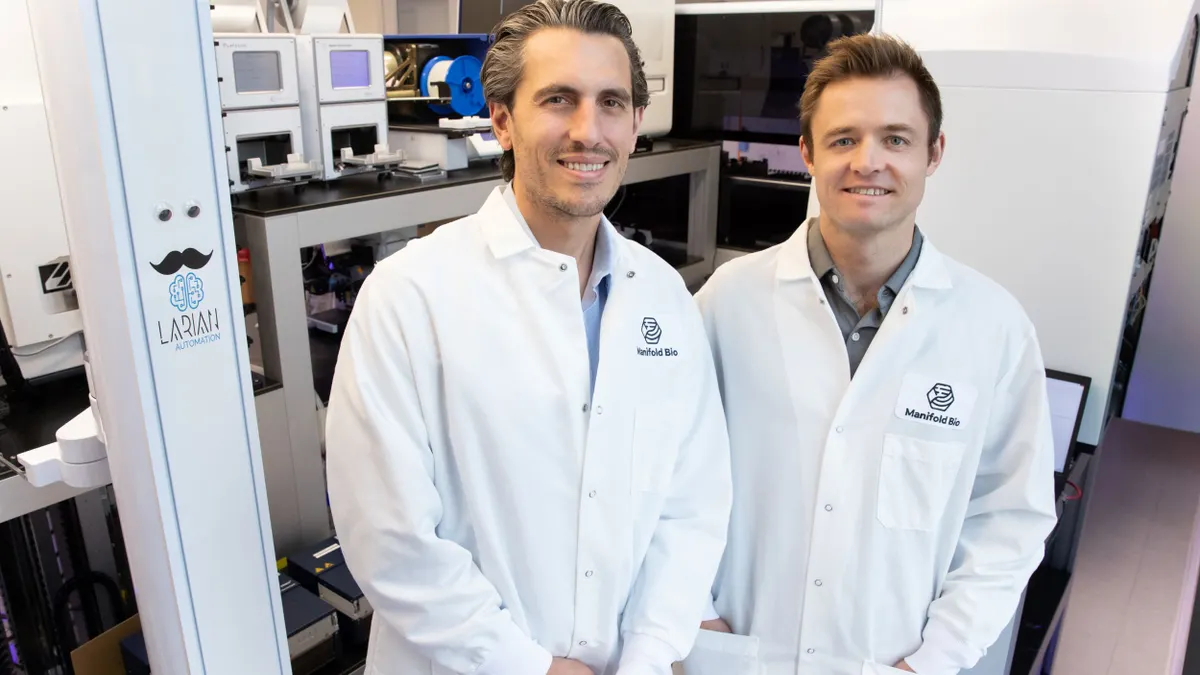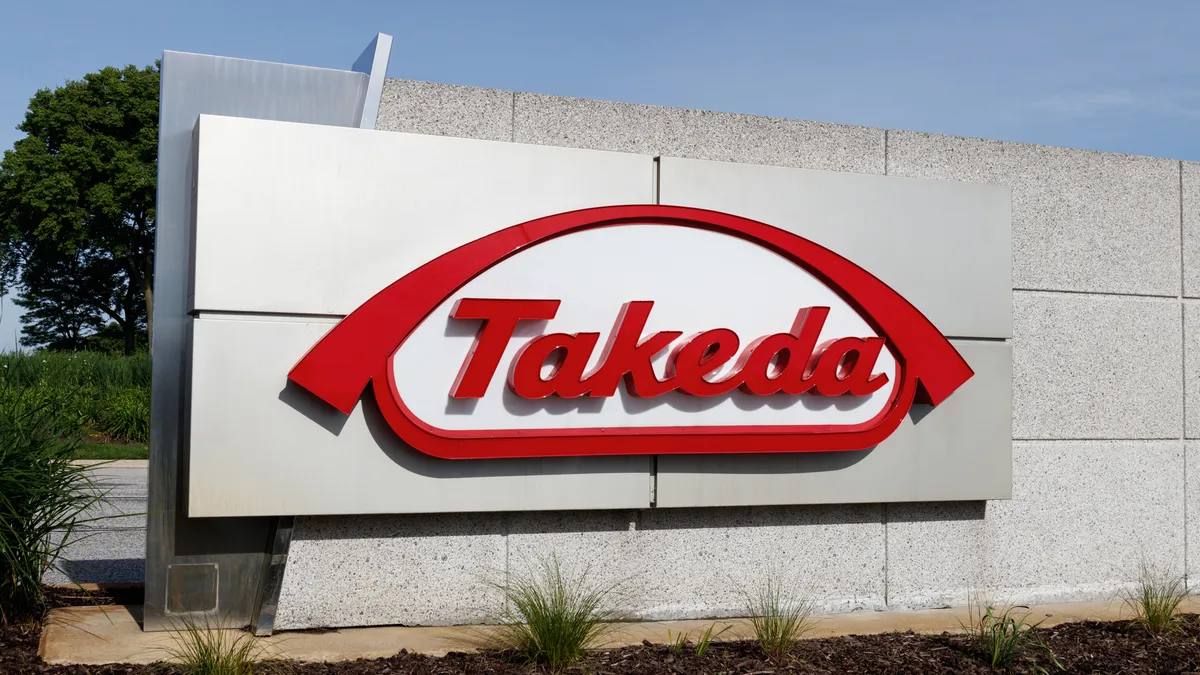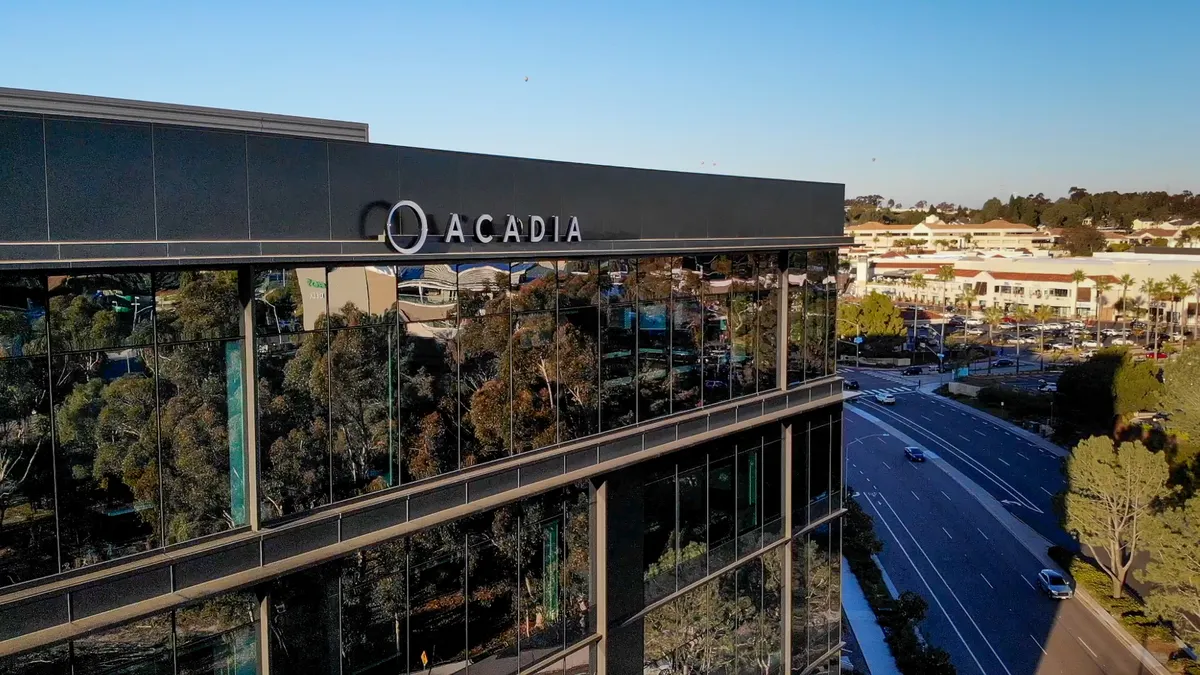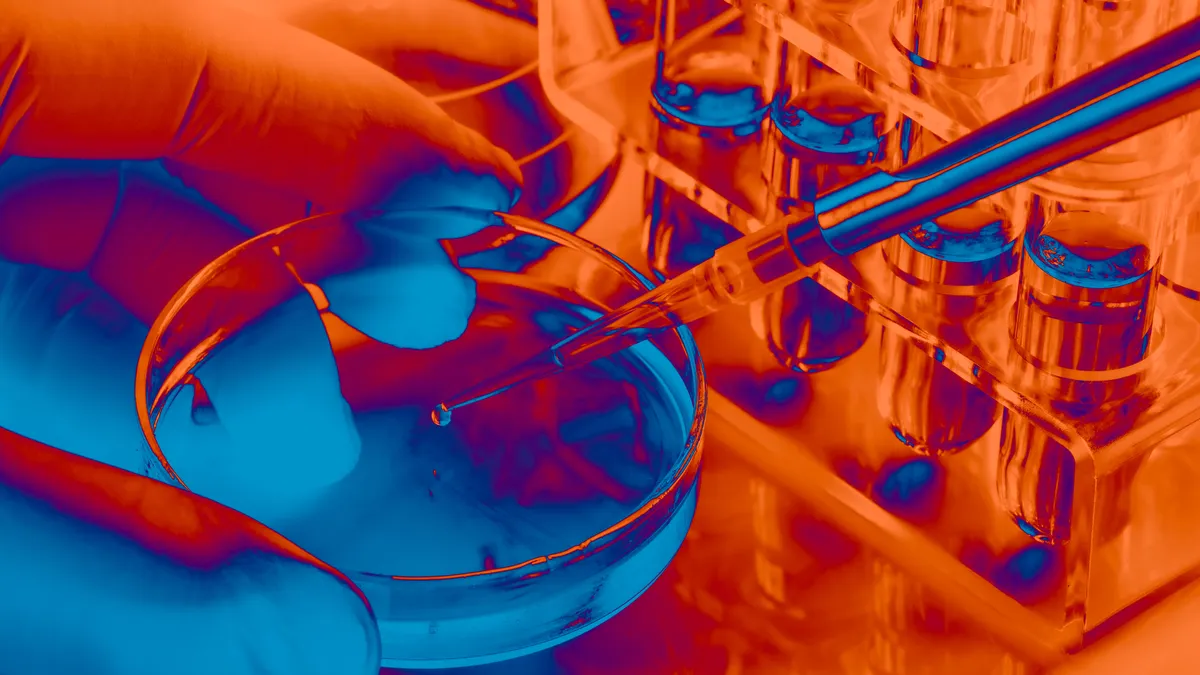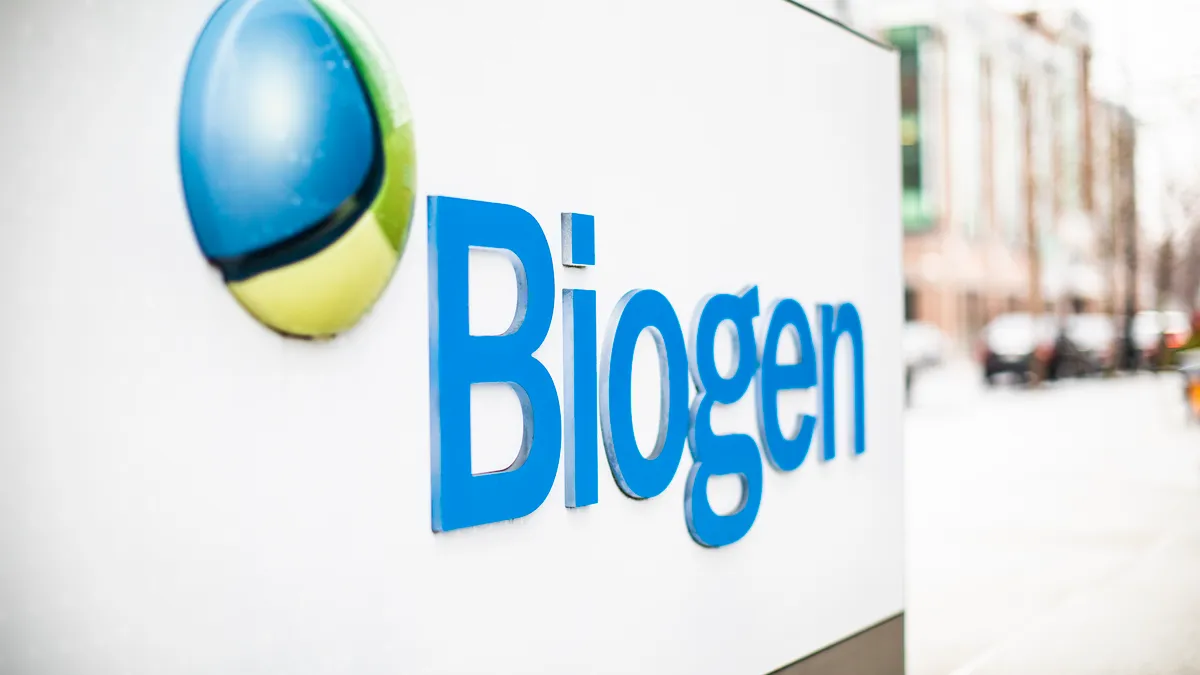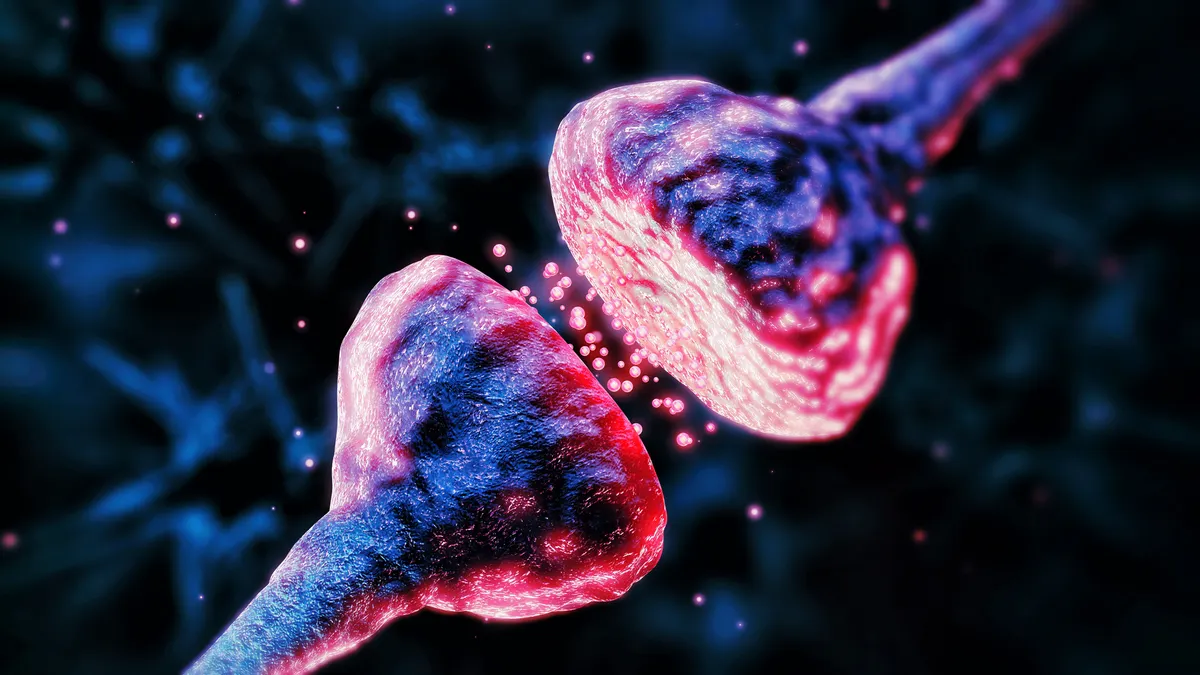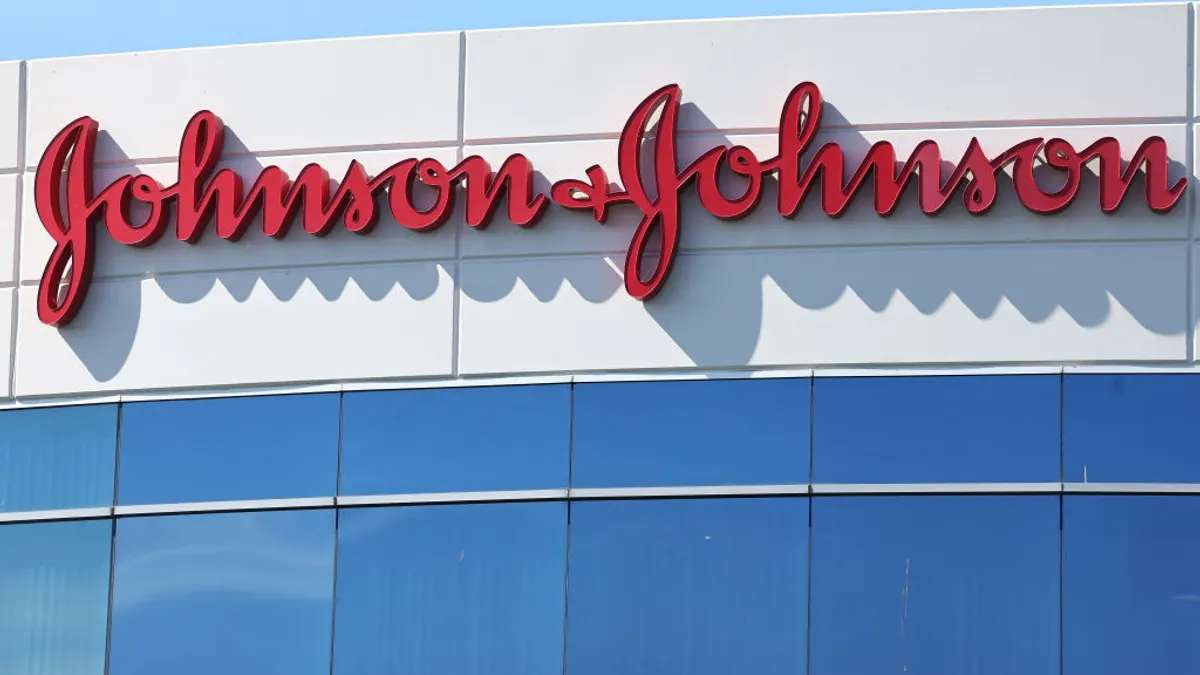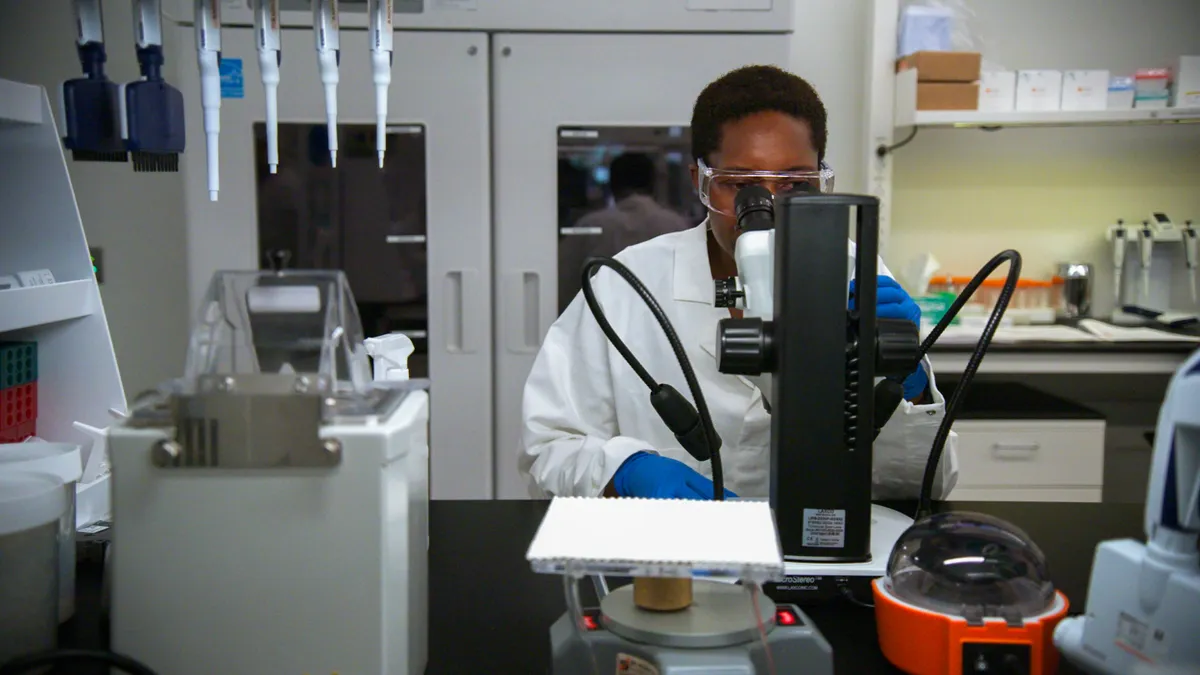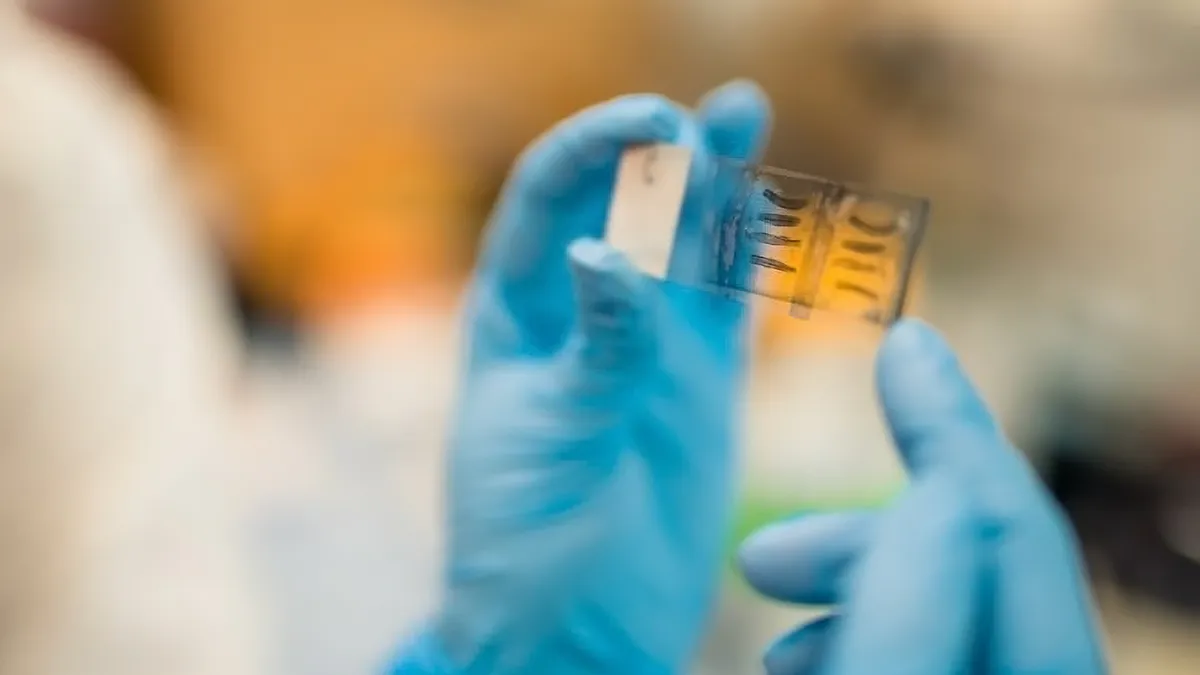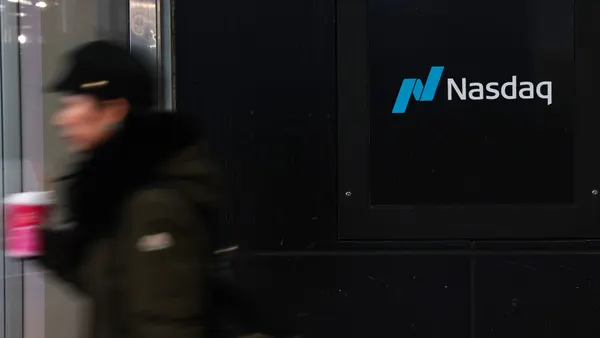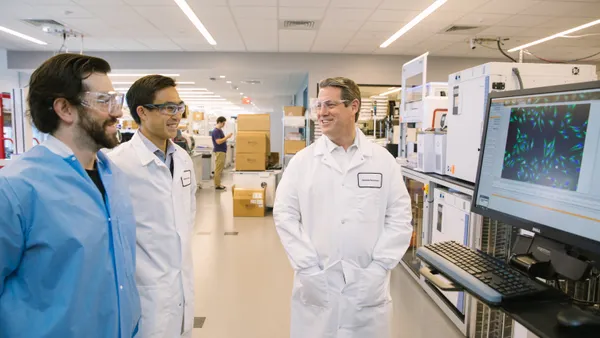Psychiatric medicine remains one of the more challenging and risky areas of drug research. Many prospects show initial promise only to fail later on. Still, recent breakthroughs are spurring more investments and acquisitions in biotechnology companies working on new brain drugs. A startup debuting with a nine-figure bankroll is the latest evidence.
That startup, Draig Therapeutics, emerged from stealth on Wednesday with £107 million, or $140 million, in Series A funding that’s been raised over the last nine months. It’s using that cash to push a drug for major depressive disorder into Phase 2 testing this year, and advance two other medicines “towards clinical development” in 2026.
Psychiatric conditions like depression are thought to be associated with an imbalance in the signals transmitted throughout the brain’s circuitry. Draig’s lead program, codenamed DT-101, is meant to balance out this “excitatory” and “inhibitory” activity by homing in on a receptor in the brain called AMPA that, in recent years, has emerged as a promising depression target.
The company plans to start Phase 2 studies of DT-101 by the end of the year. Behind it are two other programs that act on GABA-A receptors, the focus of two drugs Sage Therapeutics brought to market for postpartum depression. Draig has not disclosed which diseases it’s pursuing with those programs, but claimed in a statement that they are “highly selective” and have “best-in-class potential.”
Like other brain drug developers, Draig faces tough challenges ahead. The complicated underpinnings of psychiatric disorders, combined with trouble designing clinical tests that can eliminate placebo responses, make it difficult for new medicines to break through.
Ruth McKernan, Draig’s executive chair, wrote in an email to BioPharma Dive said that the company has “deep experience” putting together trials for neuropsychiatric conditions and will use a “range of different strategies to minimize the risk of placebo effects.”
Draig co-founded in 2024 by McKernan, an operating partner at SV Health Investors, and John Atack and Simon Ward, directors of the Medicines Discovery Institute at Cardiff University in Wales. Its Series A round was led by Access Biotechnology, and included participation from six other investors including Canaan Partners, SR One and Sanofi Ventures.
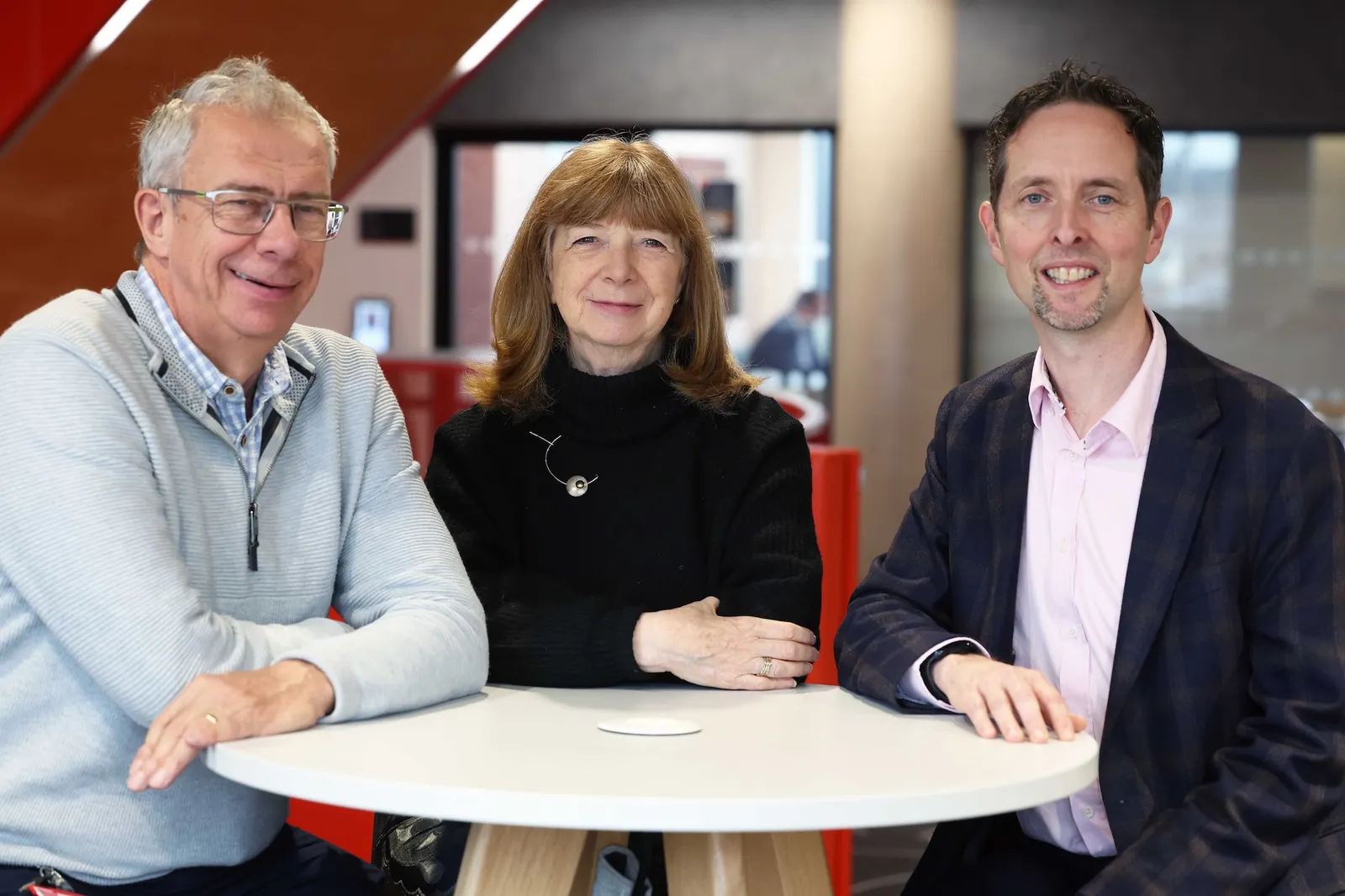
“Megarounds” like the fundraising Draig announced Wednesday have become increasingly common in biotech. At least two dozen drug startups, including Draig, have attracted more than $100 million in venture capital in a single round so far this year, according to BioPharma Dive data tracking some of the sector’s most active investors.



